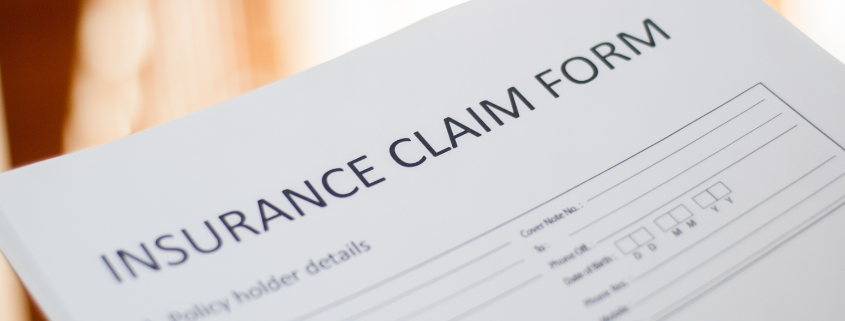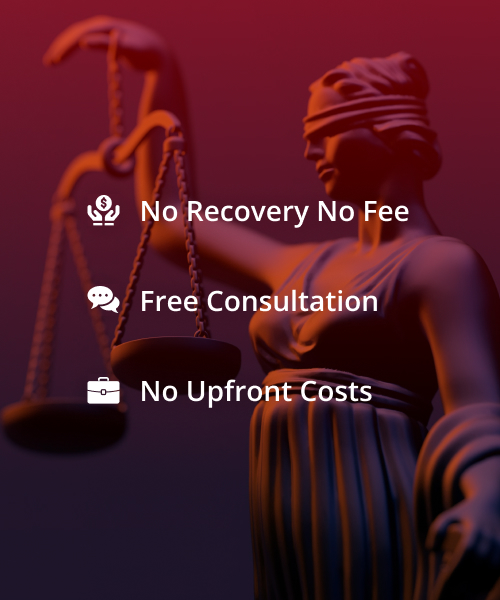- Free Case Evaluation: (305) 577-3777 Tap Here to Call Us
Insurance Claim for Personal Injury

Every year, around 40 million people in the United States go to emergency rooms for injuries. If you’ve been hurt in an accident here in Florida, you may be facing mounting medical bills and lost time at work. You may consider filing an insurance claim for personal injury to recover some of your expenses.
This post summarizes what you need to know about filing a personal injury insurance claim, including determining whether you have a case, negotiating with insurance companies, and maximizing your compensation amount.
Do I Have a Personal Injury Claim?
Not every accident qualifies as a personal injury claim. Personal injury cases require negligence, carelessness, or intentional misconduct by someone else that causes you harm.
Examples of negligent parties include distracted truckers who cause accidents, stores that ignore unsafe property conditions or dangers, and pool owners who don’t abide by proper safety regulations. Personal injury cases commonly result from the following:
- Traffic accidents, including motorcycles, cars, and bicycles
- Slips, trips, and falls, including falling due to broken stairs and slipping on wet surfaces
- Medical malpractice, including anesthesia errors, birth injuries, and surgical mistakes
The Role of Insurance in Personal Injury Claims
Many individuals and businesses carry insurance to cover the costs of certain accidents. If a careless homeowner or store manager causes your injuries, you will likely be dealing with their insurer for compensation. In an auto accident, because Florida is a comparative negligence state, you can be compensated for your damages by the other party (or their insurance company) as long as you were not more than 50% at fault for the accident.
Personal Injury Insurance Claim Denial: What To Do Next
If an insurer denies your insurance claim for personal injury, contact an attorney immediately. Lawyers have experience negotiating with insurance adjusters for personal injury and can help you seek fair compensation. Even if the insurer requires you to use dispute resolution or arbitration, speak with an attorney first.
Maximizing Compensation for Personal Injury Claims
Compensation for personal injury cases depends on multiple factors, including the severity of your injuries, the strength of your evidence, and the willingness of both parties to compromise. You can help your case by doing the following:
- Documenting injuries for insurance claims: Seek medical treatment immediately after your accident. Hold on to medical bills, healthcare records, pay stubs, and anything else documenting your injuries and financial losses.
- Hiring an attorney: You may be tempted to deal with insurers yourself. But if you allow early access to your medical records, agree to a recorded conversation, or sign a written statement, they can use it against you. Instead, contact a personal injury attorney — ideally before filing a claim.
- Meeting deadlines for filing personal injury claims: The statute of limitations in Florida gives most accident victims two years to file a personal injury claim. Missing the deadline typically prevents you from ever seeking compensation.
- Not sharing excessively: Avoid posting about your accident on social media, venting to neighbors, or discussing your injuries with coworkers. Insurance companies may use this information to undermine your claim.
Need Legal Help With Your Miami Personal Injury Claim?
If you need help filing or disputing an insurance claim for personal injury, contact Jeffrey R. Davis, P.A., at (305) 577-3777 to schedule a free consultation.









